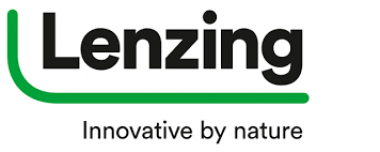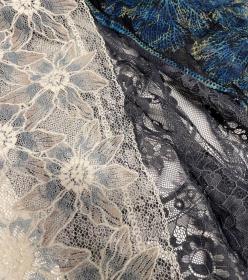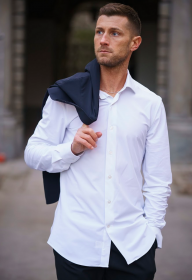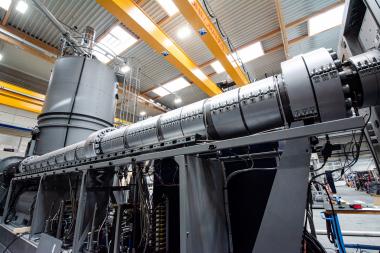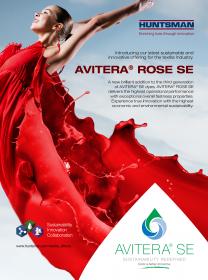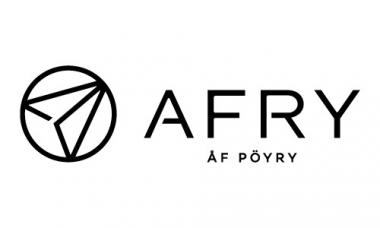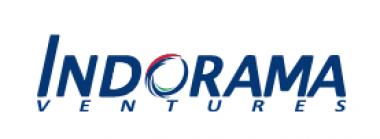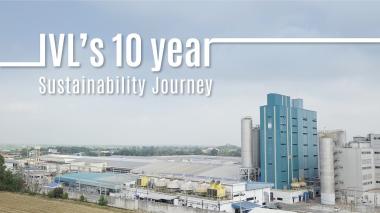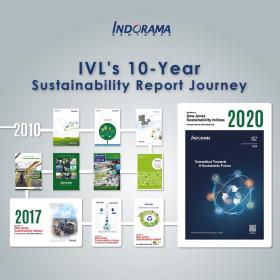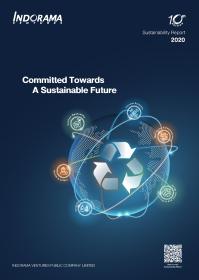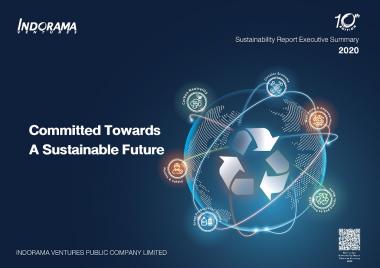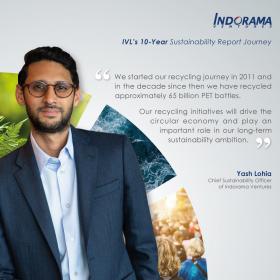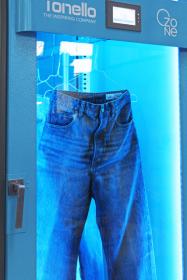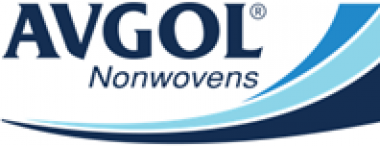Lenzing’s new prize for research projects on ethical and sustainable fashion
The Lenzing Group will present the Young Scientist Award for outstanding research in the field of fibers and textiles for the first time in 2022. The Dornbirn Global Fiber Congress (GFC Dornbirn) is an ideal platform for the recently launched research competition. Bachelor’s and master’s degree students will have the opportunity to submit their scientific work in the categories of fashion and the circular economy, textile recycling and the innovative use of biobased fibers to a jury of well-known industry experts.
The jury consists of Karla Magruder (Founder of Acceleration Circularity), Friedericke von Wedel-Parlow (Beneficial Design Institute Berlin) and Dieter Eichinger (Head of Standardization and Innovation, Secretary-General of BISFA). The winning project will receive a prize of EUR 5,000. The aim is to promote the students’ work and create a platform for networking with the textile and fiber industry.
The Austrian Fibers Institute is the organizer of the 61st Dornbirn Global Fiber Congress on a not-for-profit basis. The event, due to take place from September 14 to 16, 2022, will offer an ideal setting for the presentation of the Young Scientist Award prize.
You can read more about the Young Scientist Award and the submission in the attached document.
Lenzing AG


